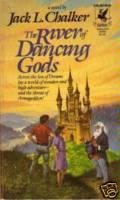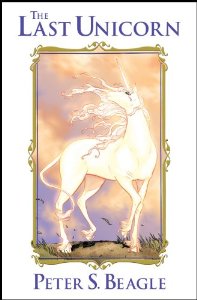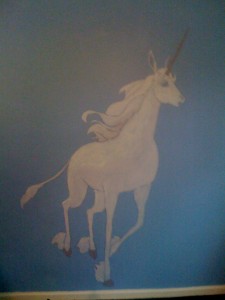Guest Post by Gregory D. Little
The human brain craves stories at a fundamental level. In fact, it’s the world’s most prolific writer, constantly stringing together chains of perceived events in ways that both flatter and preserve itself. I’m not just saying that because I find it a flattering thought as a writer (though the irony is not lost on me). Science supports the claim. Modern psychology and neuroscience have uncovered hosts of mental biases and fallacies humans engage in constantly. David McRaney’s amateur psychology blog (and book) You Are Not So Smart explores such topics as Confirmation Bias (where you selectively and subconsciously only notice evidence that corroborates your existing world view while ignoring all evidence to the contrary) in entertaining detail. In Cordelia Fine’s wonderful book A Mind of Its Own, Fine demonstrates how the human brain constantly rewrites our perception of reality in order to construct only the most flattering of self-images. And if you are thinking to yourself “Well, other people might do that, but I don’t,” then I hate to tell you, but you are doing it right now.
I realize this may seem to have little to do with a blog about writing and myths, but bear with me, I’ll get there. Most of these mental fallacies and biases are heuristics, or short-cuts we use to cut corners with our mental processing. The brain uses a lot of energy. Over the generations it has developed these short-cuts as a way to save precious calories for better use elsewhere, like running away from that tiger that has been eyeing you. In days past, it didn’t matter if you understood the complex nuances of a situation perfectly if taking the time and energy to do so got you eaten. Most of the time an 80% solution was enough.
That leads directly into the second reason the human mind loves stories, that of self-preservation. The brain is constantly looking for meaning and agency in things it observes. The reason is simple. Using our tiger example again, if the bushes behind you suddenly rustle, most of the time it’s just the wind. A random event, not terribly interesting. But on the off chance it’s your tiger friend preparing an ambush, maybe you’d better run just in case. Our most successful ancestors found meaning in things that lacked meaning (another way to put this might be finding narrative where none exists) because doing so was a lot less dangerous than not finding narrative and attributing the rustling to random wind. Because when you’re wrong on something like that, you don’t get another chance to be right.
So the human brain craves stories both for its own flattery and to keep itself alive. Is it any wonder we love to lose ourselves in a good narrative, particularly one in which we know we aren’t going to be eaten by the tiger? But how does this relate to myth? In my view, myths are the combination of these two basic elements in their purest form. Myths are the stories, the narratives we invented to explain the world around us while we still lacked the scientific framework we make use of today. Myths are also the legends we passed down through the generations that show humanity at its best. Myths feature noble heroes fighting wicked monsters, bad people getting their just desserts and children who fail to listen to their parents getting eaten by the wicked witch. Has there ever been a purer metaphor for the existential terror every parent feels for the safety of their child than some of those old cautionary tales?
The world is never as simple as myth depicts it. Real heroes are always flawed and always disappoint us when those flaws become public. Sometimes bad people don’t get punished and good people do. Earth is not sitting on the back of a giant turtle. Life is complicated, but we crave simplicity. We want black and white answers to moral dilemmas. We yearn for incorruptible heroes and villains as easy to discern as Lord Voldemort. We demand a universe that conforms to our very limited capacity for metaphor and common sense. Myths show us the world as we wish it was. For these reasons and more, the creation of myths was and will continue to be inevitable. As writers, we would be fools not to consider that when we sit down at our keyboards. These are the stories that have stood the test of time by tapping into deep wells in the human psyche.
In composing this blog, I started thinking about the word “myth” and its multiple connotations. The meaning I’ve referred to up to now evokes grandiose images and archetypal tales. But the word “myth” has another connotation, one that means simply “false”. I said that we would be fools not to consider the power of myths in our writing. But we would also be remiss in not considering this second meaning of myth. Because the world isn’t as simple as we wish. Quite often a mental short-cut isn’t enough, either in writing or in life. And that realization can carry a power every bit as profound–if not nearly as simple–as that evoked by the myths we love.
* * *
Rocket scientist by day, science fiction and fantasy author by night, Gregory D. Little’s short story “The Skylings” will be published in Azure Keep Quarterly in June. His short fiction has additionally earned a Semi-Finalist and an Honorable Mention in the Writers of the Future short story contest. He is currently hard at work on his third novel, a YA fantasy. He lives in Fredericksburg, VA with his wife and their yellow lab.






